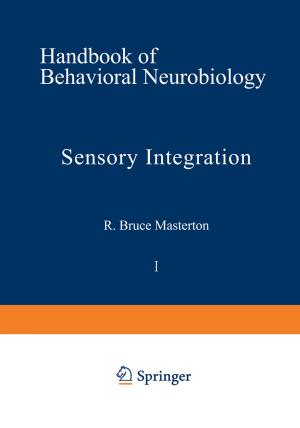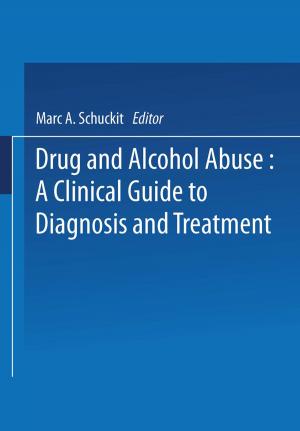Dual Diagnosis
Evaluation, Treatment, Training, and Program Development
Nonfiction, Health & Well Being, Medical, Reference, Public Health, Specialties, Psychiatry| Author: | ISBN: | 9781489924216 | |
| Publisher: | Springer US | Publication: | June 29, 2013 |
| Imprint: | Springer | Language: | English |
| Author: | |
| ISBN: | 9781489924216 |
| Publisher: | Springer US |
| Publication: | June 29, 2013 |
| Imprint: | Springer |
| Language: | English |
Patients who have both a psychiatric disorder and a substance abuse problem cause most clinicians to throw up their hands in despair. The clinical problems that these "dual diagnosis" patients present are enor mously complex. Diagnostically, how is one to tell if disorders of mood and thinking, for instance, are signs of a mental illness or consequences of substance abuse? How is one to obtain important historic information when the patient may be unable or unwilling to provide it and there are no readily available collateral sources of information? In any case, why bother? Treatments for dually diagnosed patients are ineffective; patients won't stay in treatment; recidivism occurs at a very high rate. To make matters even more difficult, traditional health care reim bursement mechanisms do not provide for the multimodality clinical programs and special services needed by the patient who is both mentally ill and a substance abuser. So the clinician needs an effective bureaucratic strategy as well as a treatment strategy. For the most part, clinicians have handled the problem by ignoring it.
Patients who have both a psychiatric disorder and a substance abuse problem cause most clinicians to throw up their hands in despair. The clinical problems that these "dual diagnosis" patients present are enor mously complex. Diagnostically, how is one to tell if disorders of mood and thinking, for instance, are signs of a mental illness or consequences of substance abuse? How is one to obtain important historic information when the patient may be unable or unwilling to provide it and there are no readily available collateral sources of information? In any case, why bother? Treatments for dually diagnosed patients are ineffective; patients won't stay in treatment; recidivism occurs at a very high rate. To make matters even more difficult, traditional health care reim bursement mechanisms do not provide for the multimodality clinical programs and special services needed by the patient who is both mentally ill and a substance abuser. So the clinician needs an effective bureaucratic strategy as well as a treatment strategy. For the most part, clinicians have handled the problem by ignoring it.















